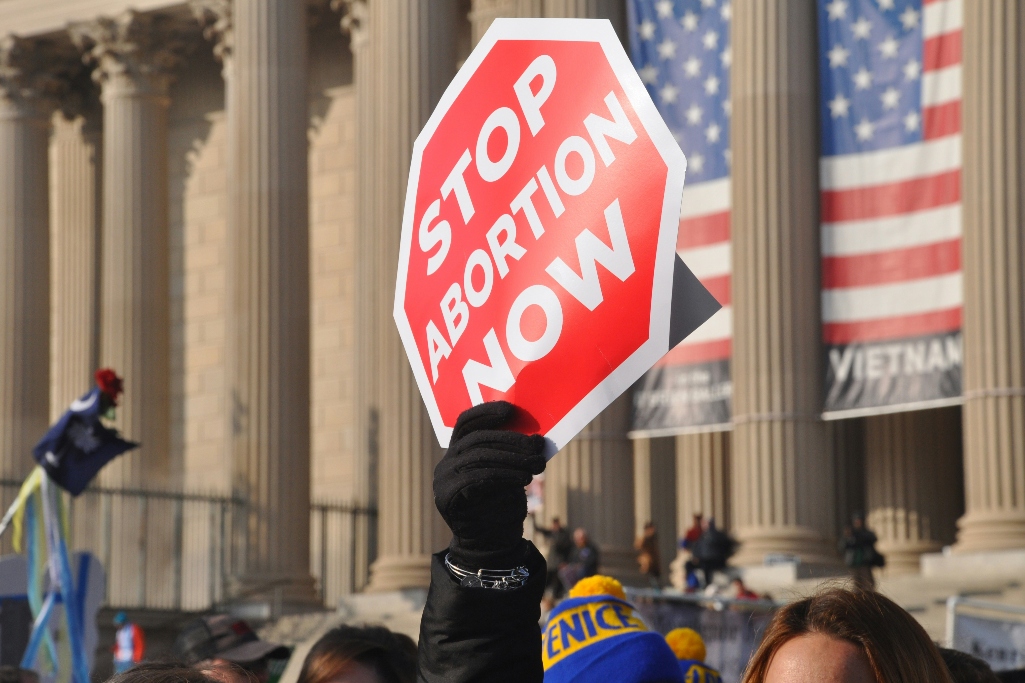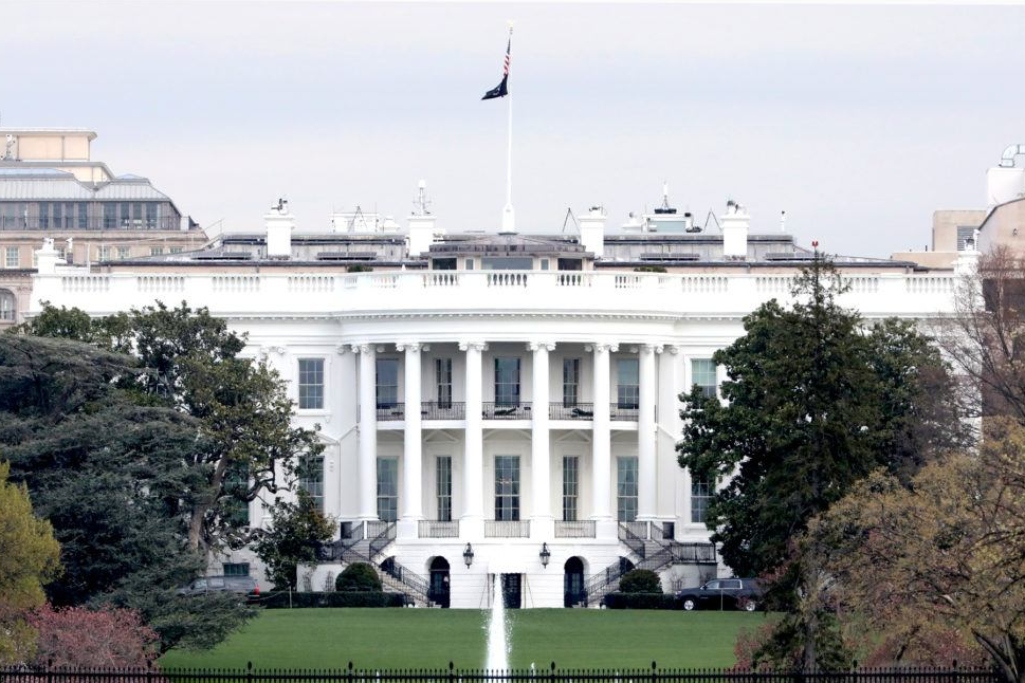
Southern Baptist ethicist Russell Moore and more than 20 other pro-life leaders have called for the federal government to withdraw an abortion drug from the market because of its threat to women as well as unborn children.
In the July 28 letter, the pro-life advocates urged the Food and Drug Administration (FDA) to categorize mifepristone, sold under the brand name Mifeprex, as an “imminent hazard to the public health.” The letter was sent barely two weeks after a federal judge halted during the COVID-19 pandemic the FDA’s requirement the pill may only be dispensed in a medical setting, such as a hospital or clinic.
Mifepristone – often known as RU 486 and authorized by the FDA under President Clinton in 2000 – not only is approved for killing unborn babies in the first 10 weeks of pregnancy but is “highly dangerous for women,” the letter said.
The pill “poses a four-times higher risk of complication” than first-trimester, surgical abortion, the pro-lifers said, citing information from the American Association of Pro-life Obstetricians and Gynecologists (AAPLOG).
“Yet, abortion industry advocates recklessly insist on the abortion pill’s later-term use; its availability without a prescription, blood work or ultrasound; and the total elimination of what little informed consent [the FDA’s protocol] currently provides,” the letter said.
Moore, president of the Ethics & Religious Liberty Commission (ERLC), said the FDA has “a responsibility to protect the American people from the marketing of dangerous drugs and products. This pill is lethal to preborn children and also potentially perilous for their mothers. The FDA should reject this drug, and we should all work to support children and their mothers in ways that affirm life, not violence.”
At the end of 2018, the FDA reported 24 deaths, more than 1,000 hospitalizations and nearly 4,200 “adverse event” cases among women who have taken mifepristone for an abortion since 2000.
In the letter, the pro-lifers said, “Adverse events are notoriously underreported to the FDA,” and women who suffer harmful side effects “are likely to seek care at emergency rooms, not the abortion facilities where they received the pills.” Emergency rooms are not required to report such effects, so “the true number of adverse events is impossible to assess,” according to the letter.
The FDA approved a generic version of Mifeprex in 2019.
In addition to Moore, others signing the appeal to the FDA were Lila Rose, president of Live Action, which organized the letter; Donna Harrison, AAPLOG executive director; Carol Tobias, National Right to Life president; Franklin Graham, Samaritan’s Purse president; Marjorie Dannenfelser, Susan B. Anthony List president; Catherine Glenn Foster, Americans United for Life president; Jeanne Mancini, March for Life president; and Roland Warren, Care Net president.
Mifepristone is part of a two-step process in what is referred to as a medical or chemical abortion. Mifepristone causes the lining of the uterus to release the embryonic child, resulting in his or her death. Misoprostol, a second drug taken later, causes the uterus to contract, expelling the embryo.
Federal Judge Theodore Chuang in Maryland ruled July 13 the FDA’s requirement that a woman must receive mifepristone by means of a visit to a health-care facility is a “substantial obstacle” to her right to an abortion and likely unconstitutional during the pandemic, according to The Associated Press. His ruling means women can receive the abortion pill by mail or another form of delivery.
In their letter, the pro-life advocates encouraged FDA Commissioner Stephen Hahn to fight the “abortion industry’s radical push to overturn” in the courts his agency’s requirements for mifepristone. They also said they are encouraged by the FDA’s determination to block the illegal trafficking of unapproved abortion drugs into the country and urged its ongoing effort.
The ERLC and other pro-life organizations worked to prevent the introduction of the abortion pill into the United States for more than a decade before the FDA gave its approval in 2000.In a March 24 letter, Moore and more than 50 other pro-life leaders urged Alex Azar, secretary of the Department of Health and Human Services, to prevent the promotion of abortion during the COVID-19 pandemic.


